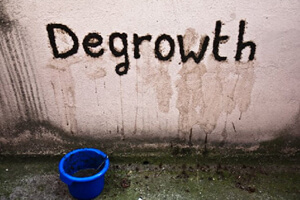OECD-FAO Guidance for Responsible Agricultural Supply Chains
Today, agricultural supply chains are more extensive than ever. Food crosses countries and oceans, moving from producers to retailers to consumers. These dynamics create millions of jobs around the world – critical for livelihoods, economic growth and development. They also help developing countries access markets, inputs, finance and technology, and contribute to diverse and healthy diets worldwide.
However, at times, there can be harmful impacts along the way that can take place from the farm to your table. Globally, the agricultural sector contributes up to 25 of all greenhouse gas emissions, uses approximately 70 percent of fresh water resources, accounts for 70 of child labor, and is a driver of global deforestation, accounting for up to 73 of tropical deforestation.
Businesses in the agricultural sector have an important role to play in addressing these issues. The OECD-FAO Guidance for Responsible Agricultural Supply Chains is the global standard for responsible business conduct in the agricultural sector. It introduces a five-step framework for risk-based due diligence to support companies in managing risks while contributing to development.
Step 1: Establish strong company management systems. Step 2: Identify, assess and prioritize risks in supply chains. Step 3: Design and implement a strategy to respond to risks. Step 4: Verify supply chain due diligence. Step 5: Report on supply chain due diligence.
Preventing and mitigating risks can help promote inclusive and resilient growth. Doing business responsibly today builds a better future for people and our planet.















